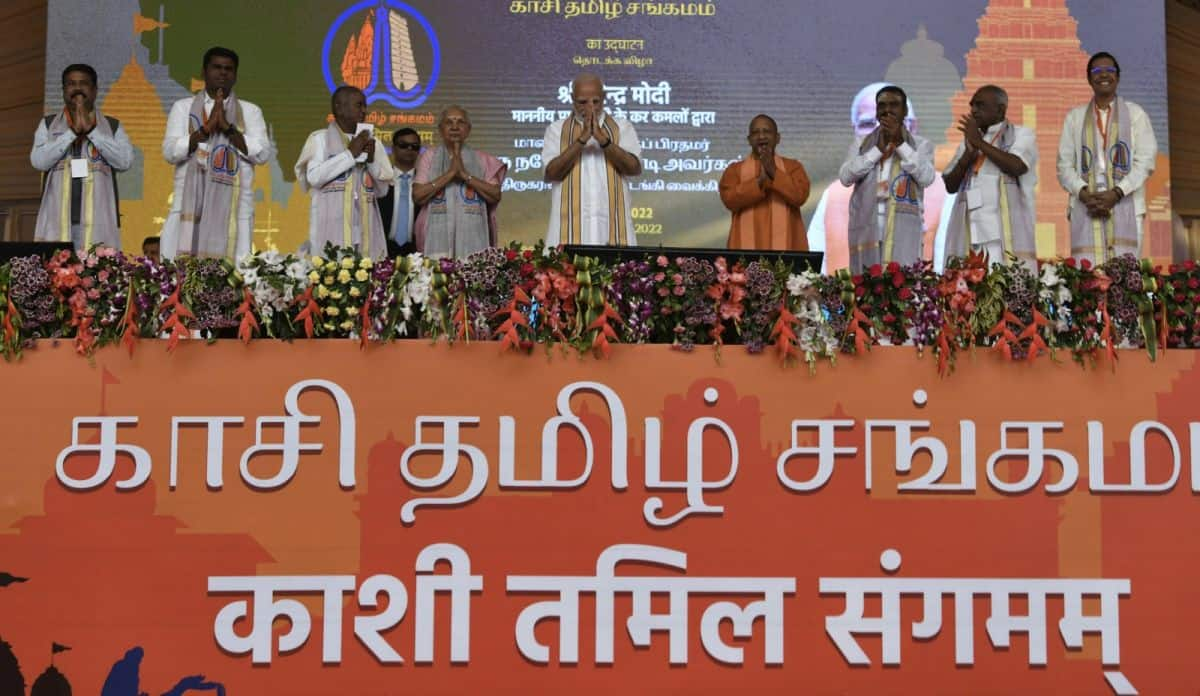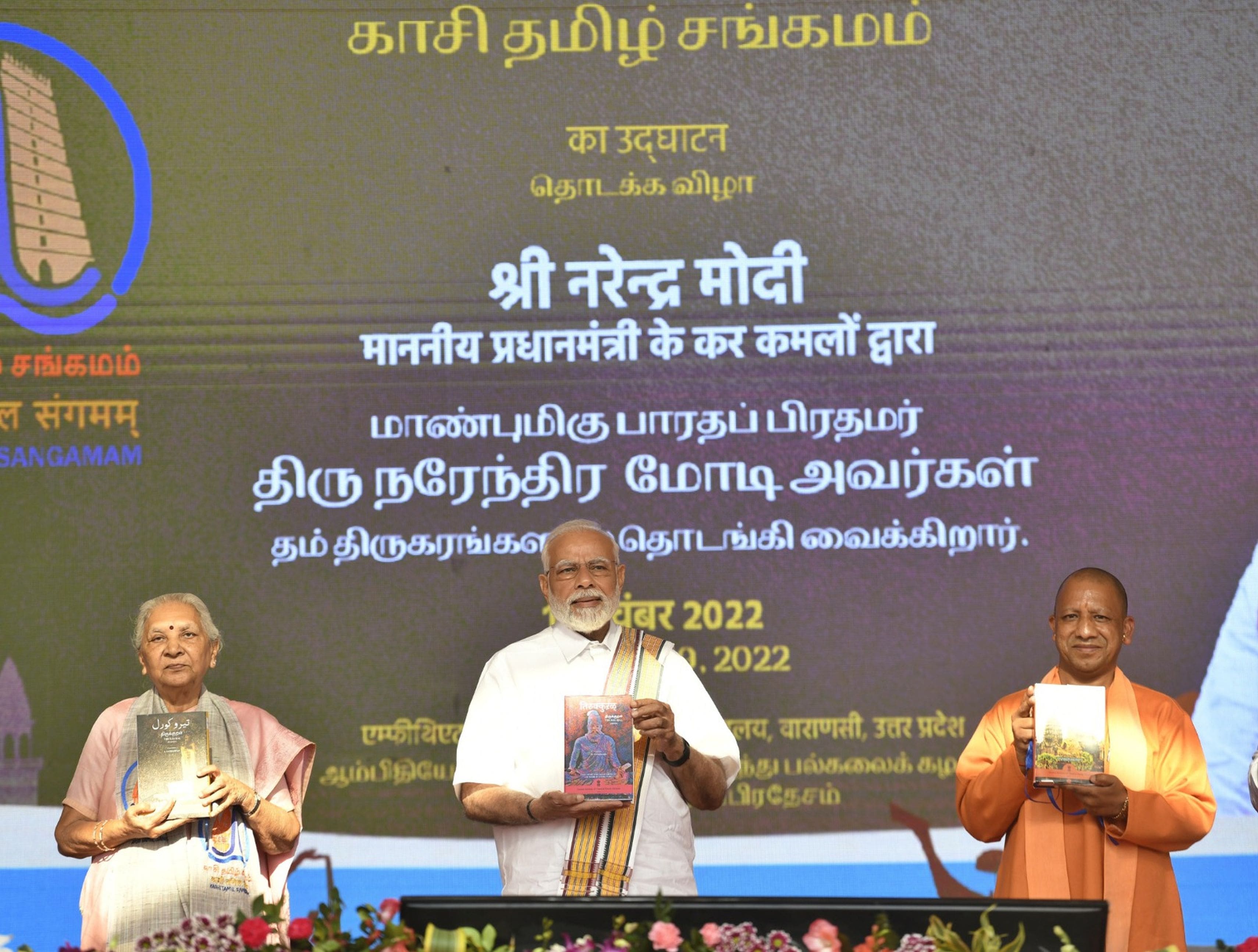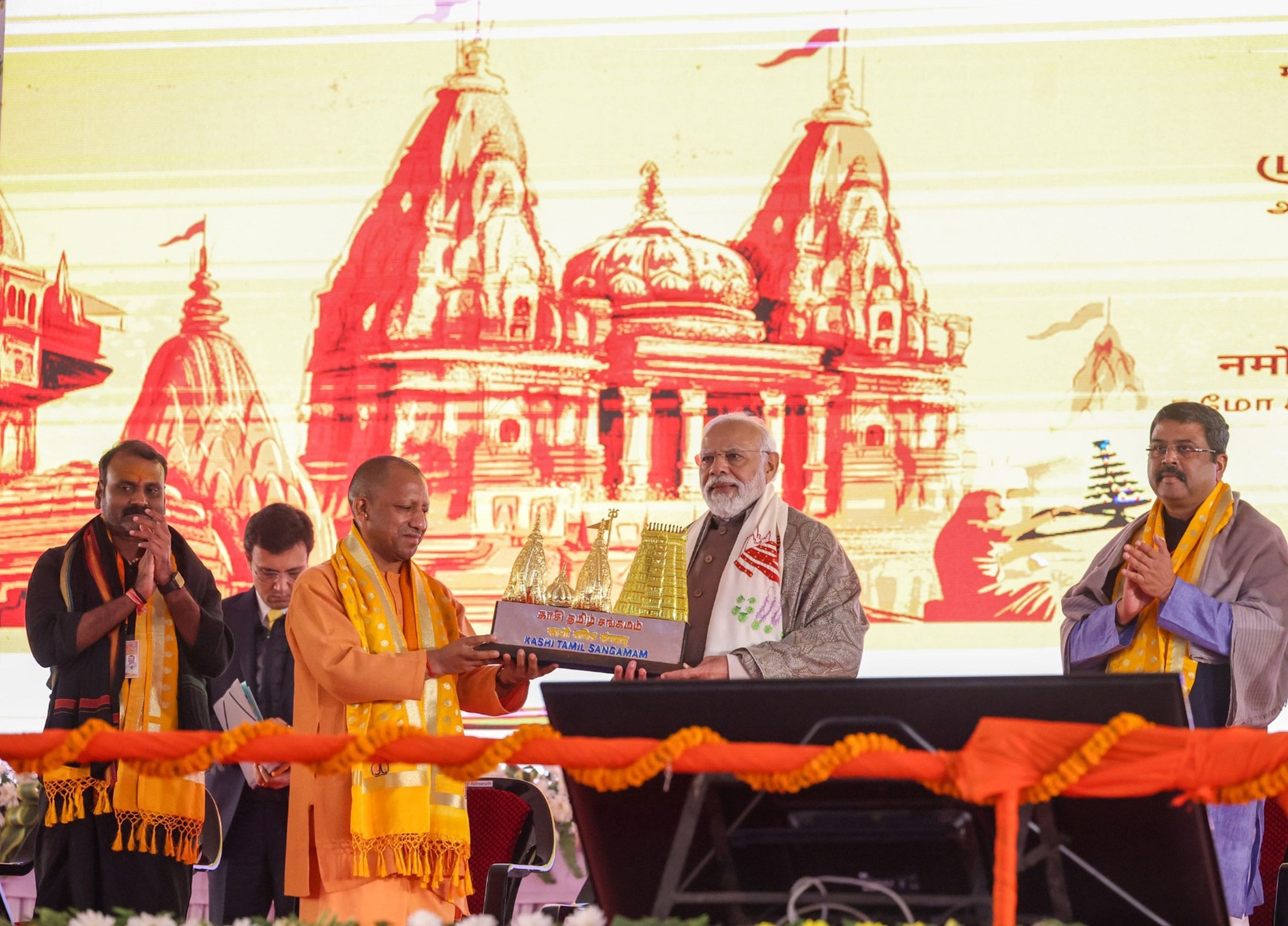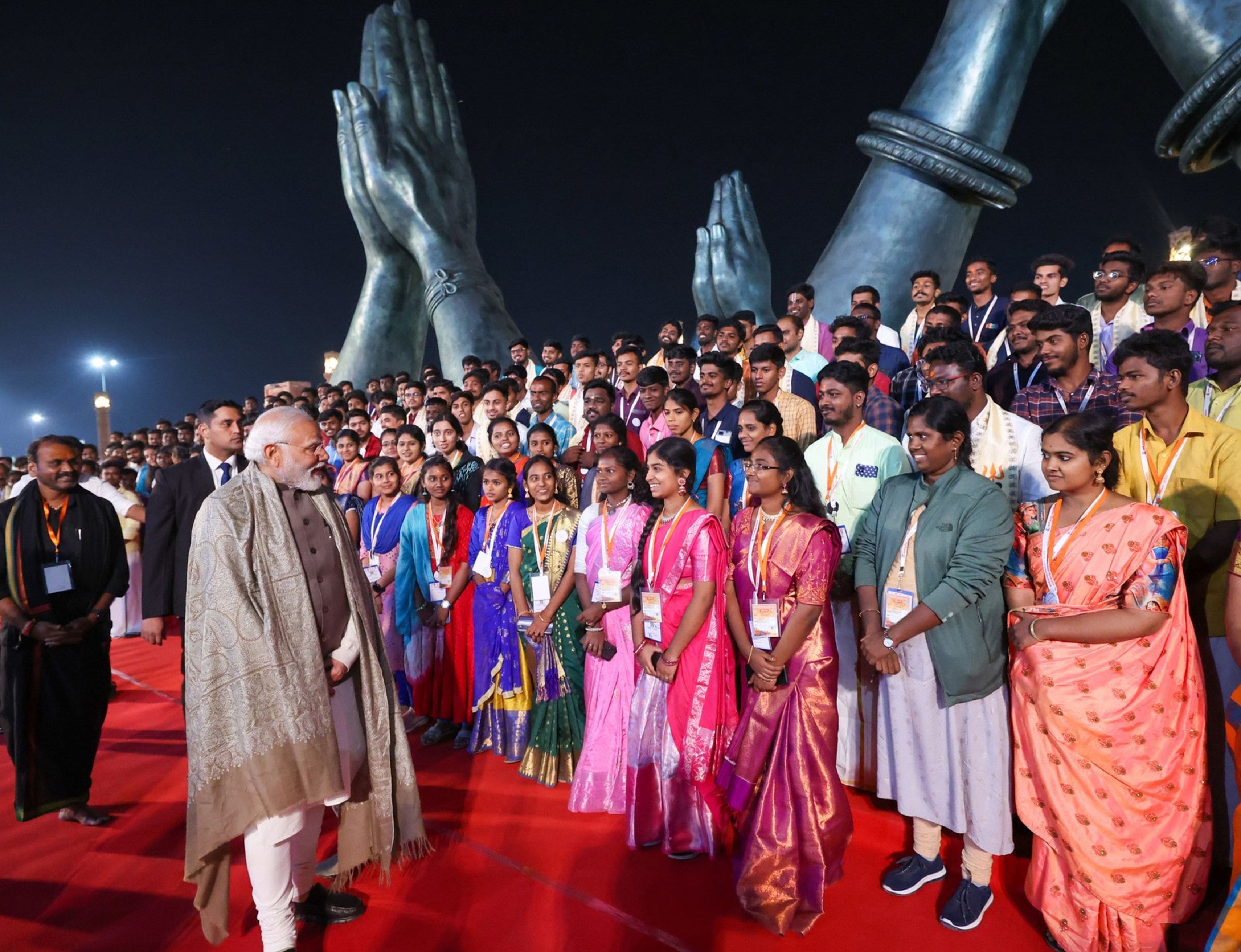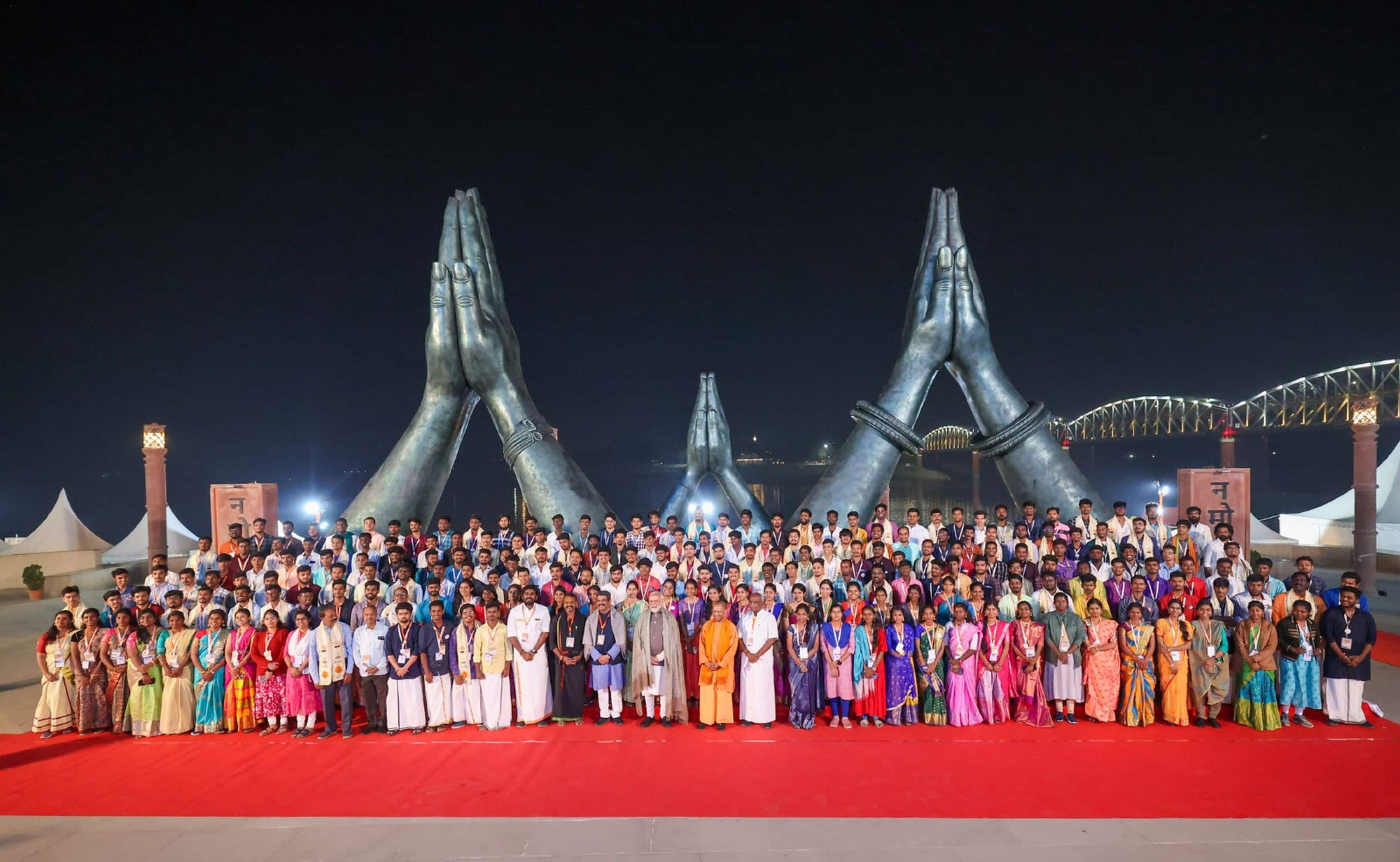On the evening of 25th April when I received the news of Sardar Parkash Singh Badal Ji’s demise, I was filled with immense sadness. In his passing away, I have lost a father figure, someone who guided me for decades. In ways more than one, he shaped India’s and Punjab’s politics that can be described as unparalleled.
That Badal Sahab was a big leader is widely accepted. But, more importantly, he was a big-hearted human being. Being a big leader is easier but being a big-hearted person requires a lot more. People across Punjab say - there was something very different about Badal Sahab! (‘Badal Sahab Ki Baat Alag Thi’)
It can be confidently said that Sardar Parkash Singh Badal Sahab ranks among the tallest Kisan Neta of our times. Agriculture was his real passion. Whenever he spoke on any occasion, his speeches were filled with facts, latest information and a lot of personal insight.
I got to closely interact with Badal Sahab in the 1990’s when I was involved in Party work in Northern India. Badal Sahab’s reputation preceded him - he was a political stalwart who had been Punjab’s youngest Chief Minister, a Union Cabinet Minister and someone who held sway over the hearts of crores of Punjabis across the world. I, on the other hand, was an ordinary Karyakarta. Yet, true to his nature, he never let this create a gap between us. He was filled with warmth and kindness. These were traits that remained with him till his last breath. Everyone who interacted closely with Badal Sahab would recall his wit and sense of humour.

In the mid and late 1990’s the political climate in Punjab was very different. The state had seen much turmoil and elections were due in 1997. Our Parties went to the people together and Badal Sahab was our leader. His credibility was a key reason that the people blessed us with a resounding win. Not only that, our alliance successfully won the Municipal Elections in Chandigarh and also the Lok Sabha seat in the city. His persona was such that our alliance went on to serve the state for 15 years between 1997 and 2017!
There is an anecdote I can never forget. After taking oath as CM, Badal Sahab told me that we would go to Amritsar together, where we would halt at night and the next day we would pray and have Langar. I was in my room at a guest house but, when he got to know of this, he came to my room and began to pick up my luggage. I asked him why is he doing this, to which he told me that I would have to come with him to the room meant for the CM and stay there only. I kept telling him that there is no need to do this but he insisted. Eventually, this is exactly what happened and Badal Sahab stayed in another room. I will always cherish this gesture of his towards a very ordinary Karyakarta like me.
Badal Sahab had a very special interest in Gaushalas and kept various cows. During one of our meetings, he told me that he had a desire to breed cows from Gir. I arranged 5 cows for him and after that, when we would meet, he would talk to me about the cows and also joke that those cows are Gujaratis in every way- they never get angry, agitated or attack anyone including when children are playing around. He would also remark that no wonder the Gujaratis are so gentle…after all they drink the milk of the cows of Gir.
After 2001, I got to interact with Badal Sahab in a different capacity - we were now Chief Ministers of our respective states.
I was blessed to receive Badal Sahab’s guidance on numerous issues, especially those related to agriculture including water conservation, animal husbandry and dairy. He was also someone who believed in tapping the potential of the diaspora, considering there are so many hardworking Punjabis settled overseas.
Once he told me that he wants to understand what Alang Shipyard is about. Then he came there and spent the entire day at Alang Shipyard and understood how recycling takes place. Punjab is not a coastal state so in a way, there was no direct relevance of a shipyard for him but such was his desire to learn new things that he spent the day there and understood different aspects of the sector.

I will always cherish his words of appreciation towards the Gujarat Government’s repair and restoration efforts of the holy Lakhpat Gurudwara in Kutch, which was damaged during the 2001 quake.
After the NDA Government came to power at the Centre in 2014, he once again provided valuable insights based on his rich governmental experience. He strongly supported several reforms including the historic GST.
I have highlighted just a few aspects of our interaction. At a larger level, his contribution to our nation is indelible. He was among the bravest soldiers for the restoration of democracy during the dark days of the Emergency. He himself suffered the high-handedness of the imperious Congress culture when his governments were dismissed. And, these experiences only made his belief in democracy stronger.
During the turbulent period of the 1970’s and 1980’s in Punjab Badal Sahab put Punjab First and India First. He steadfastly opposed any plan that would weaken India or compromise the interests of the people of Punjab even if it meant loss of power.
He was a man deeply committed to fulfilling the ideals of the great Guru Sahibs. He also made noteworthy efforts to preserve and celebrate the Sikh heritage. Who can also forget his role in ensuring justice for the riot victims of 1984?
Badal Sahab was a person who brought people together. He could work with leaders of all ideologies. Badal Sahab never associated any relationship with political gains or losses. This was particularly useful in furthering a spirit of national unity.
The void left by Badal Sahab’s demise will be tough to fill. Here was a statesman whose life witnessed many challenges but he overcame them and rose like a phoenix. He will be missed but he will live on in our hearts and he will also live on through the outstanding work he has done over decades.






